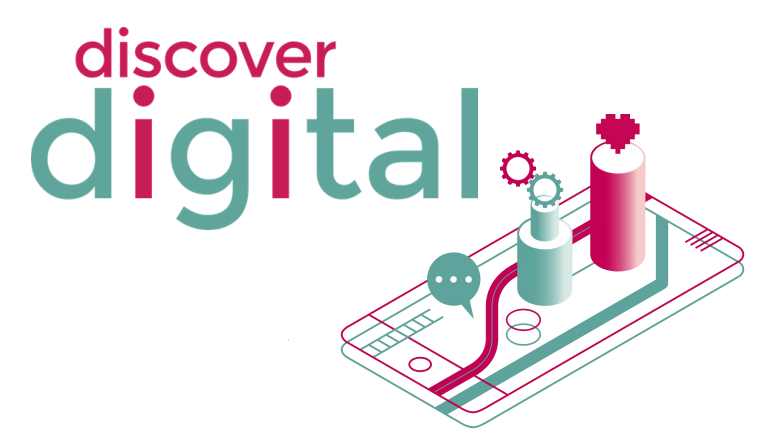Using quality assured health information resources will help you to have an informed discussion with your healthcare professionals about what treatment and support options are best for you. Your public library or link worker in your GP practice can help you to find your way around these resources.

For information on condition, symptoms and treatment options, NHS inform is the first place to go for trusted Scottish health information.
www.nhsinform.scot

This NHS Scotland website provides leaflets, videos, educational tools and games containing information about diabetes. You can also use this website to view your own up-to-date diabetes clinic results, to help you manage your condition more effectively.
mydiabetesmyway.scot.nhs.uk

Diabetes UK is the leading UK charity for diabetes. Its website provides a wealth of information, educational courses, advice and support to help people with diabetes or at risk of diabetes to manage the condition well. It provides a helpline, online and face to face support groups which bring people together for support when it's needed most.
www.diabetes.org.uk

These Plain English summaries from the Cochrane Library are evidence summaries created by patients, researchers and health professionals. They use rigorous methodology and focus only on the strongest research evidence. Cochrane Library reviews are very trustworthy, and are often regarded as the gold standard of healthcare evidence.
www.cochrane.org/evidence

The Scottish Intercollegiate Guidelines Network (SIGN ) is the national source of healthcare guidelines for NHS Scotland. They provide patient booklets which explain the clinical guidelines. This helps you to understand the latest evidence about your diagnosis, treatment options and self care.
www.sign.ac.uk/patient-and-public-involvement/patient-publications/
Where can I find information in different languages and formats?
Diabetes UK provides information in a wide variety of languages and formats, including BSL.





